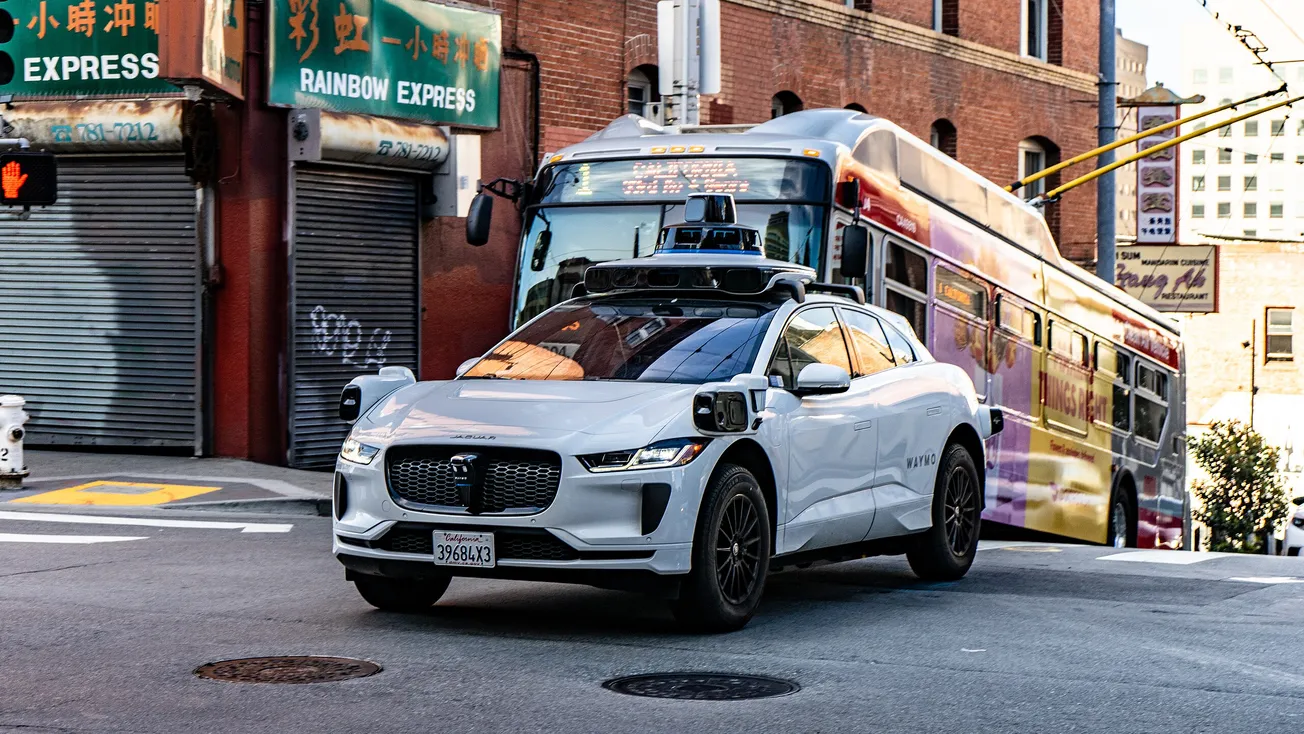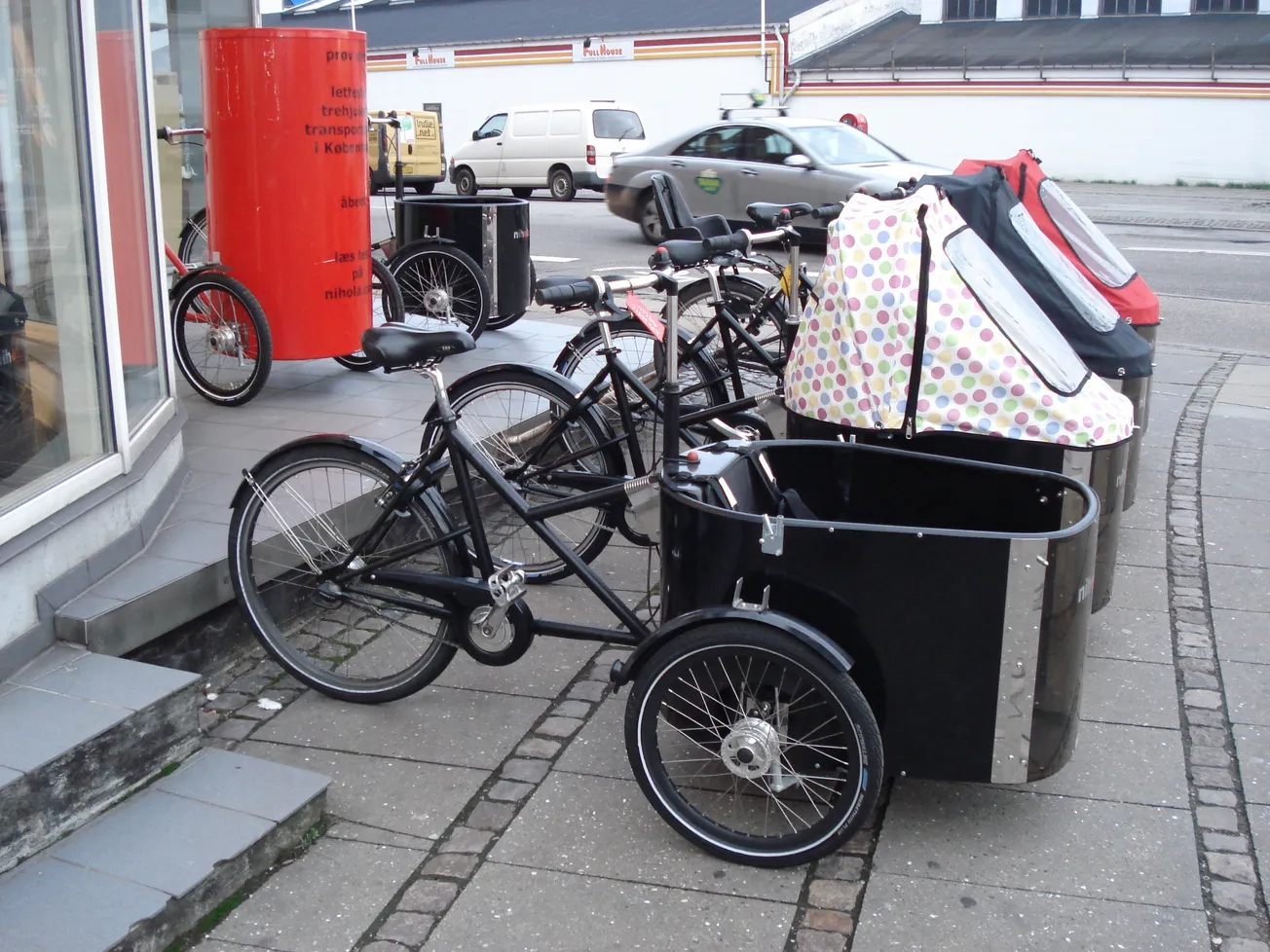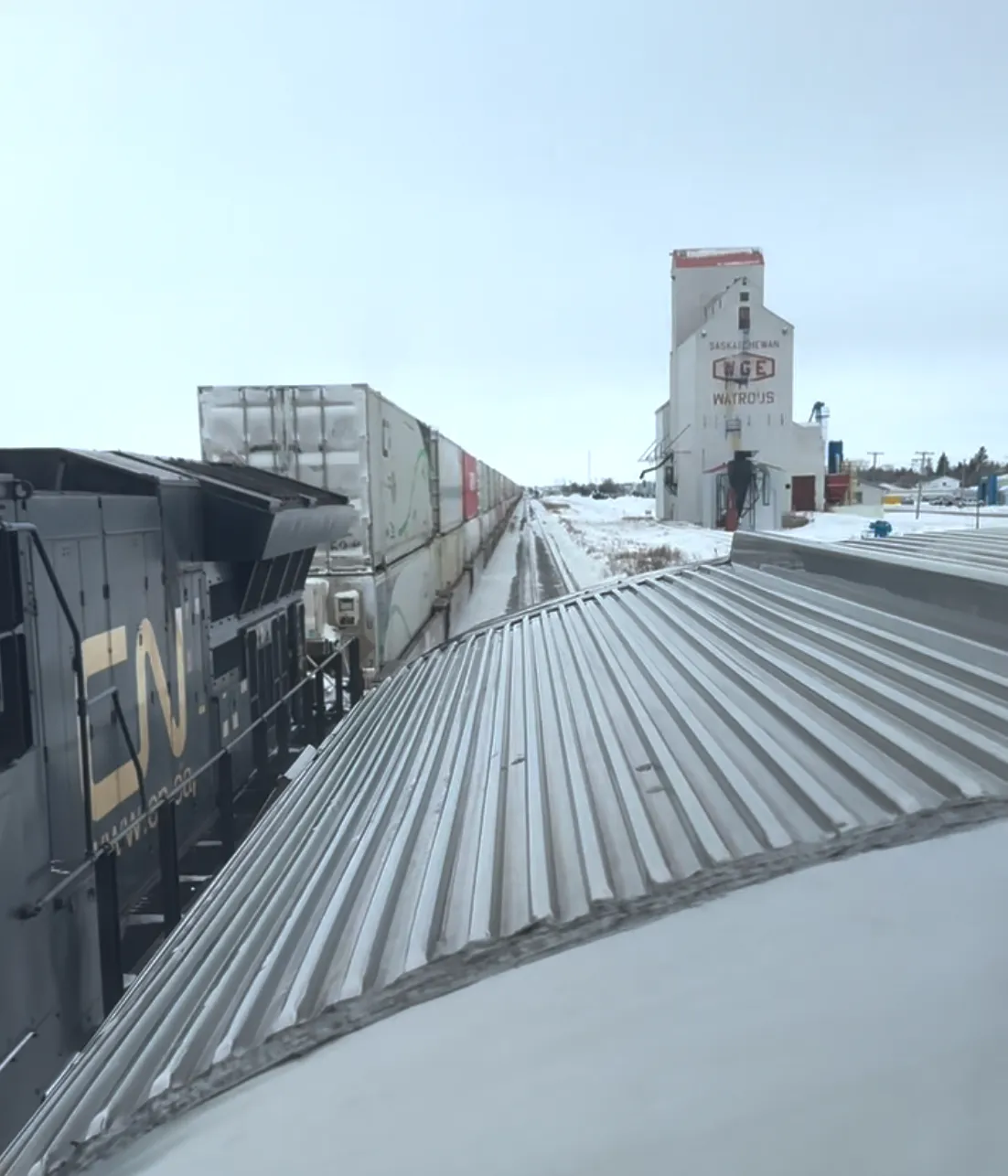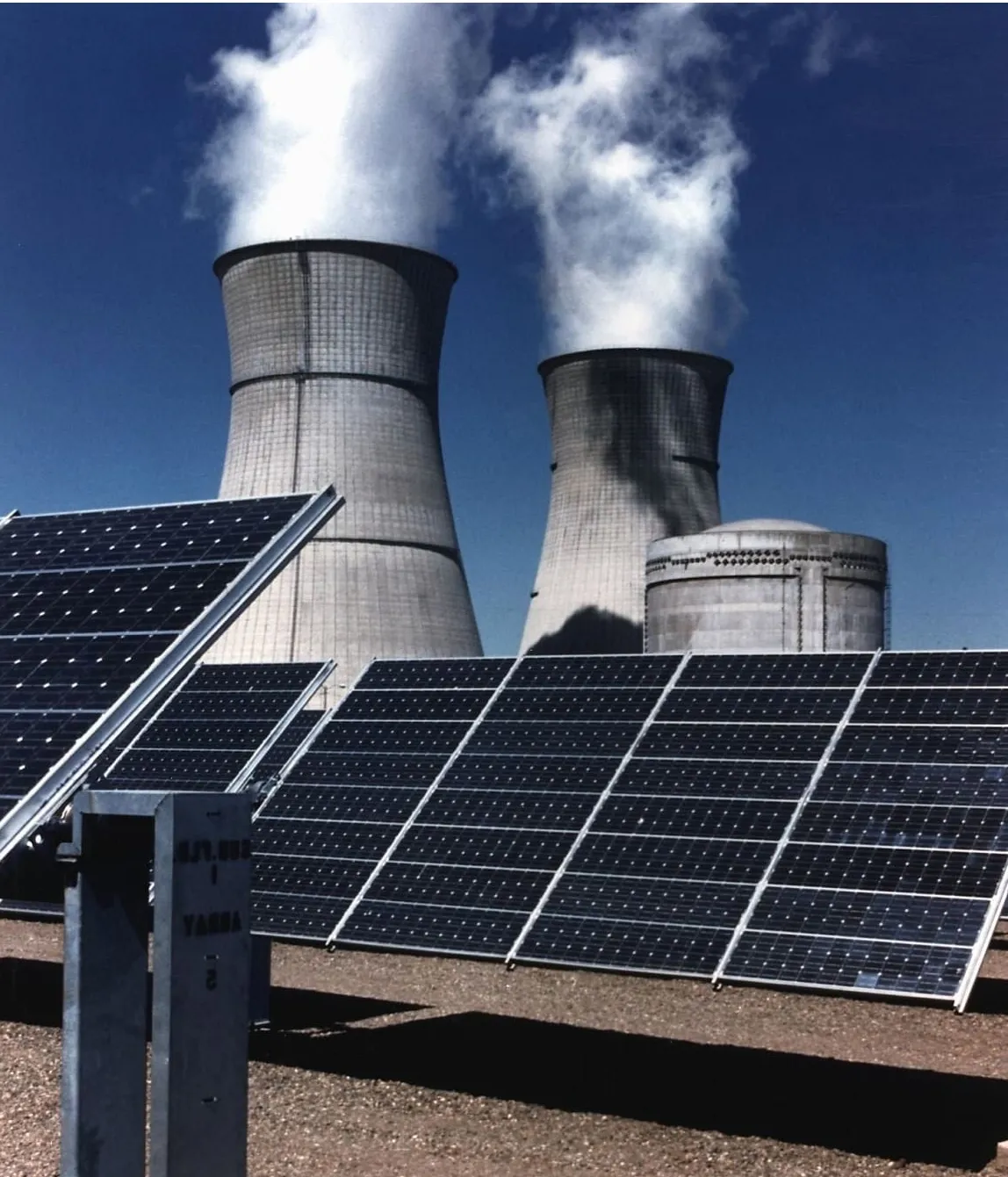Long Live the E.V.
I never liked Elon Musk, and was always annoyed when people praised Tesla. (I've just looked back on my social media post archive, and I've been calling him out as a hype-artist since 2013.) Yes, electric vehicles are less polluting than fossil-fuel powered cars. But, as I wrote in this post, replacing the current fleet of 1.4 billion internal-combustion vehicles with an equivalent number of electric vehicles just extends the logic of automobile dependency. Moreover, the need for rare-earth elements in E.V. manufacture is causing a different kind of environmental crisis, and leading to some horrific human rights abuses, including child labour for the mining of cobalt in Africa.
Long before the rest of the world, it was evident to people in the realm of public transportation and urbanism that Musk was no kind of genius. The Tesla Tunnels he advocated for, and actually built in Las Vegas, were doomed to fail, for the simple reason that an existing technology, the subway train, did the same job far more efficiently. His hyperloop, the vac-tube intercity transport system, was the worst kind of Vaporware; as one of his biographers discovered, he promoted the technology as a way to ensure that high-speed rail in California, which would have passed through the backyard of Silicon Valley tech titans, never got built. And it was clear from everything he said that, when it came to anything to do with transportation—except getting subsidies from the government to build more computers-with-wheels—the dude was way out of his depth. When it comes to transport, Musk is a classic manifestation of the Dunning-Kruger Effect, in which individuals with competence in one field overestimate their abilities in another field. There are even questions about whether Musk actually qualified for a bachelor of arts in physics from the University of Pennsylvania.
And let's remember that Tesla, the source of Musk's reputation for genius, was named by, and founded by, Martin Eberhard and Marc Tarpenning in 2003. After being ousted from Paypal, Musk swooped in as Tesla's major investor, though he wasn't involved in the day-to-day operations of the company until 2008. I haven't seen much evidence anywhere that Musk is an engineering genius of the calibre of Thomas Edison or, for that matter, Nikola Tesla.
But, yeah, Musk has made himself into the world's richest man, which, I suppose, requires a certain kind of intelligence, or at least a talent for ruthlessness and self-promotion.
Many people have predicted the downfall of Musk and Tesla in the past. Until now, I've dismissed this as wishful thinking. I'm sure Musk will be fine; Tesla isn't his only business, and one-third of satellites now orbiting the earth have now been put there by Space-X. He will always have as much money as any human could want or need—maybe even enough for a one-way ticket to Mars—but for the first time, I'm thinking Tesla's troubles are serious, and its decline may be terminal.
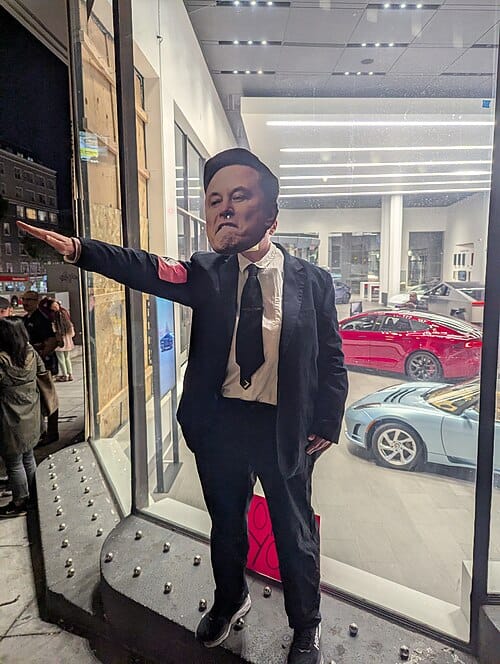
Here's why. Musk got away with playing the role of the rule-breaking iconoclast, a 21st-century version of the no-limits cyber-warriors of the 1990s, and people excused his excesses because he was building electric vehicles, which he worked hard to hype as a world-saving green technology. With the second Trump regime, though, he has shown his true colours: the Nazi salute, the shameful dismantling of crucial government services that goes under the wink-wink name DOGE.



